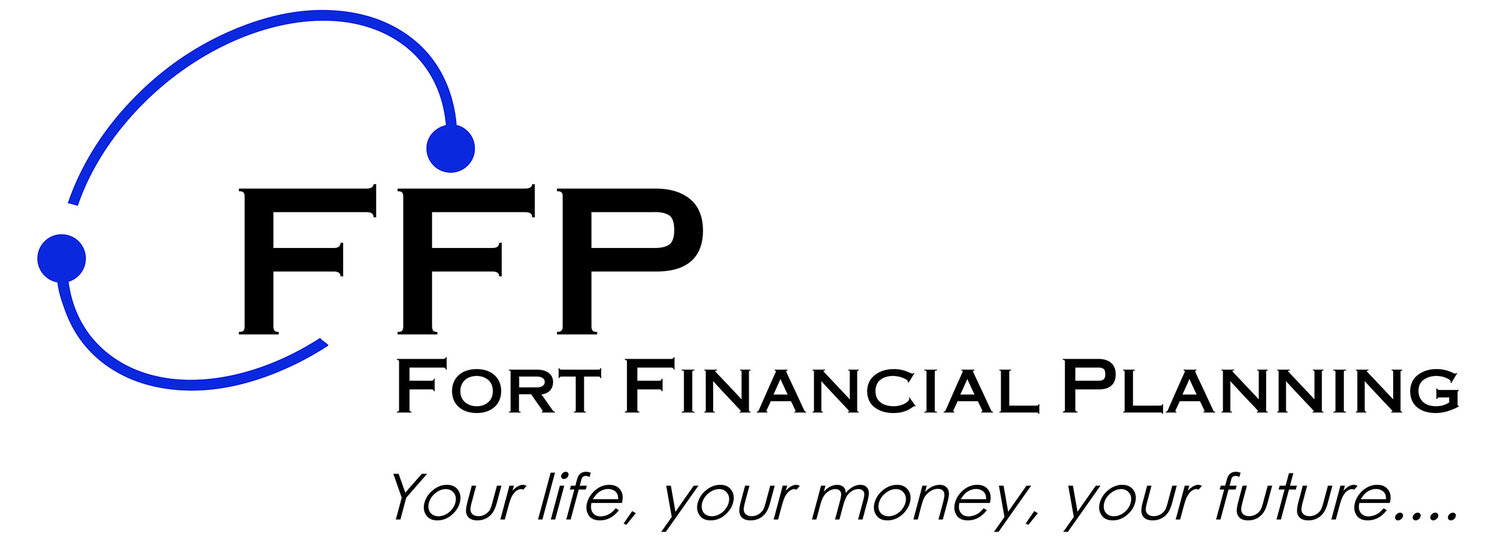Now might be a good time to review your finances
Written by Mark Salter
As we’ve all been spending more time at home and we’re getting to the end of our do lists, now could be a good time to review your finances and take some useful steps in becoming financially well organised. It could make you wealthier or it could just make everything easier for you and your family.
Here’s some essential questions to consider to help you through the process.
Do I need so many different accounts?
How many passwords do you really want to have to remember? There are many people with several different bank accounts or ISAs which makes keeping track of your savings more difficult. During our working lives, we can also build up a number of different investments and pensions, sometimes even forgetting how many pensions we have. Reducing the number of bank accounts, investments or consolidating your pensions could help simplify everything for you and get your money working harder.
Do I keep good records of everything?
If something happened to you tomorrow, would your family know where to find everything? Keeping an up to date record of your mortgage, credit cards, savings and investments will help provide you with a clear picture of where you are and updating this regularly or even just once a year will enable you to see the progress you make (or aren’t making). It can either be written down in a notebook or a basic spreadsheet which does the maths for you.
What’s the plan?
Do you have a plan? What are your goals? Are you looking for short-term security or long-term gains so you can retire early? Thinking about your objectives is a crucial starting point when reviewing or making decisions on your finances. As well as short term goals such as holidays or changing the car, think about your long term plans such as how long you might want to work for or how much you would like to help your children or grandchildren.
How much am I paying for my investments?
Can I save money by changing my investment or by switching funds? Check your costs because the less you pay each year, the more of your annual investment return you’ll be able to keep for yourself and the more your investment or pension pot can grow over time. When it comes to investing, costs are one of the only things you can control.
Do I have the right mix of investments?
Are they aligned with your investment goals and plans for the future? In general terms, the longer your savings horizon, the more you should consider investing in higher-risk assets such as shares and the less you should invest in lower-risk assets such as cash and bonds – and vice-versa. Also, it’s better to be invested across the market and globally too rather than having all your eggs in one basket.
Are my family and I protected?
Would my family be financially secure if something happened to me or I couldn’t work? Have a look at any plans you already have and see what benefits they provide you with. Speak to your employers and find out what benefits you or your family would be entitled to. Ask yourself whether it’s enough and if it isn’t then consider setting up life assurance or income protection so your family are well protected.
Do I have a Will and Lasting Powers of Attorney in place?
Who would you like to benefit from your estate and who will deal with it? Setting up a Will is never a nice job to do but it’s so important. If you haven’t reviewed your Will for many years, then checking it would also be a sensible idea. Checking the executors, the beneficiaries and whether tax rules have changed could help your family enormously when you’ve gone. We also suggest setting up Lasting Powers of Attorney so if you can’t make decisions on your finances then someone you trust can help deal with this on your behalf.
June 2020

